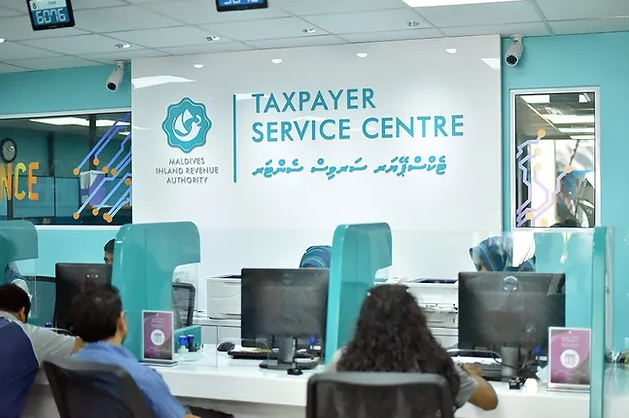
IMF Recommends Strong Measures to Boost Maldives' Tax Revenue
The International Monetary Fund (IMF) has issued a report following its 2024 Article IV consultation with the Maldives, urging the country to adopt strong measures to alleviate economic constraints and increase tax revenues. The report highlights the need for a significant strengthening of the Maldives' medium-term revenue strategy.
Key recommendations include lowering personal income tax (PIT) thresholds and personal allowances while raising the top marginal PIT rate. The IMF also suggests increasing the statutory rate of corporate income tax, rationalizing import duty exemptions, and applying excises on tobacco, fuels, alcoholic products, and motor vehicles. Additionally, imposing a carbon levy on fuels is recommended.
The report emphasizes that these measures, coupled with enhanced customs and tax administration, would yield sustained fiscal savings and improve the likelihood of achieving fiscal and debt sustainability.
IMF's Public Investment Management Assessment (PIMA) highlighted several weaknesses in public investment financial management, particularly related to budget credibility and execution. The report advises that infrastructure development projects be realistically costed, appraised, and subject to a transparent and rigorous selection process for inclusion in the annual budget. Strengthening fiscal institutions and the public financial framework would enable more effective project appraisals and costings.
IMF calls for reforms to develop a strategic and focused Public Sector Investment Programme (PSIP) and expedite the formulation of a costed medium-term national development strategy. It also recommends that authorities strengthen strategic guidance and budget ceilings for public investment in line with the fiscal strategy statement.
A critical concern raised by the IMF is the need for the Maldives to manage its debt through a realistic and credible multi-year debt management strategy. Finalizing the Public Debt Management Law and reforming the Fiscal Responsibility Act (FRA) should be part of a broader credible plan to put debt on a sustainable path. This includes setting and disclosing realistic numerical targets for the fiscal deficit and public debt in a subsequent Charter of Fiscal Responsibility to support compliance and accountability.
The report also highlights risks posed by the Maldives' excess structural liquidity, criticizing the Maldives Monetary Authority's (MMA) over-accommodative monetary policies. The IMF suggests that the MMA, as both financial regulator and supervisor, issue regulatory standards to clarify the enforcement regime, reevaluate off-site monitoring procedures, and strengthen the independence of the MMA’s Board of Directors.
The Article IV consultation is an annual bilateral discussion held with IMF members. A staff team from the IMF visits countries to collect economic and financial information, which is then discussed with officials. The findings form the basis for discussion by the Executive Board, which is subsequently published.